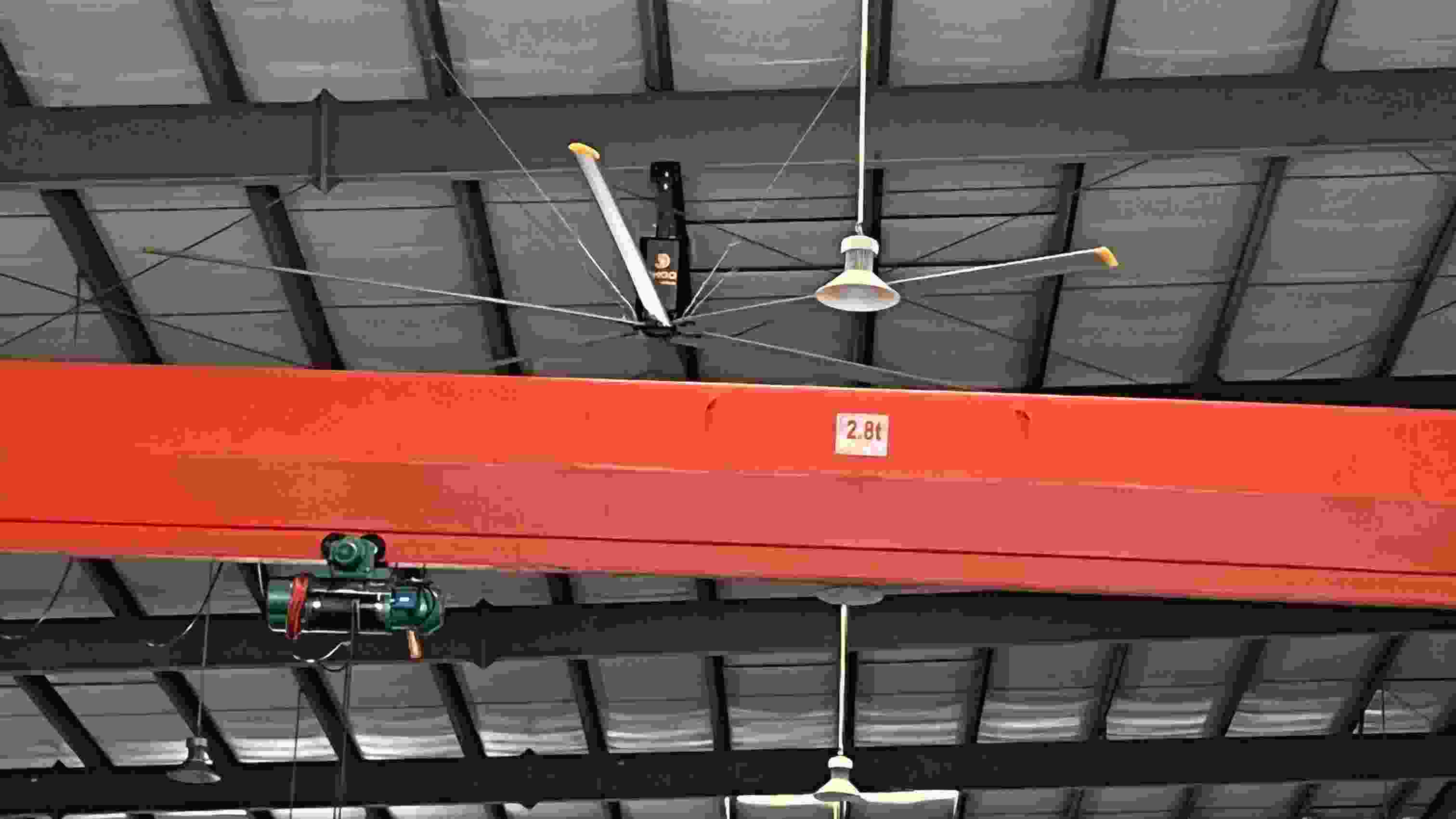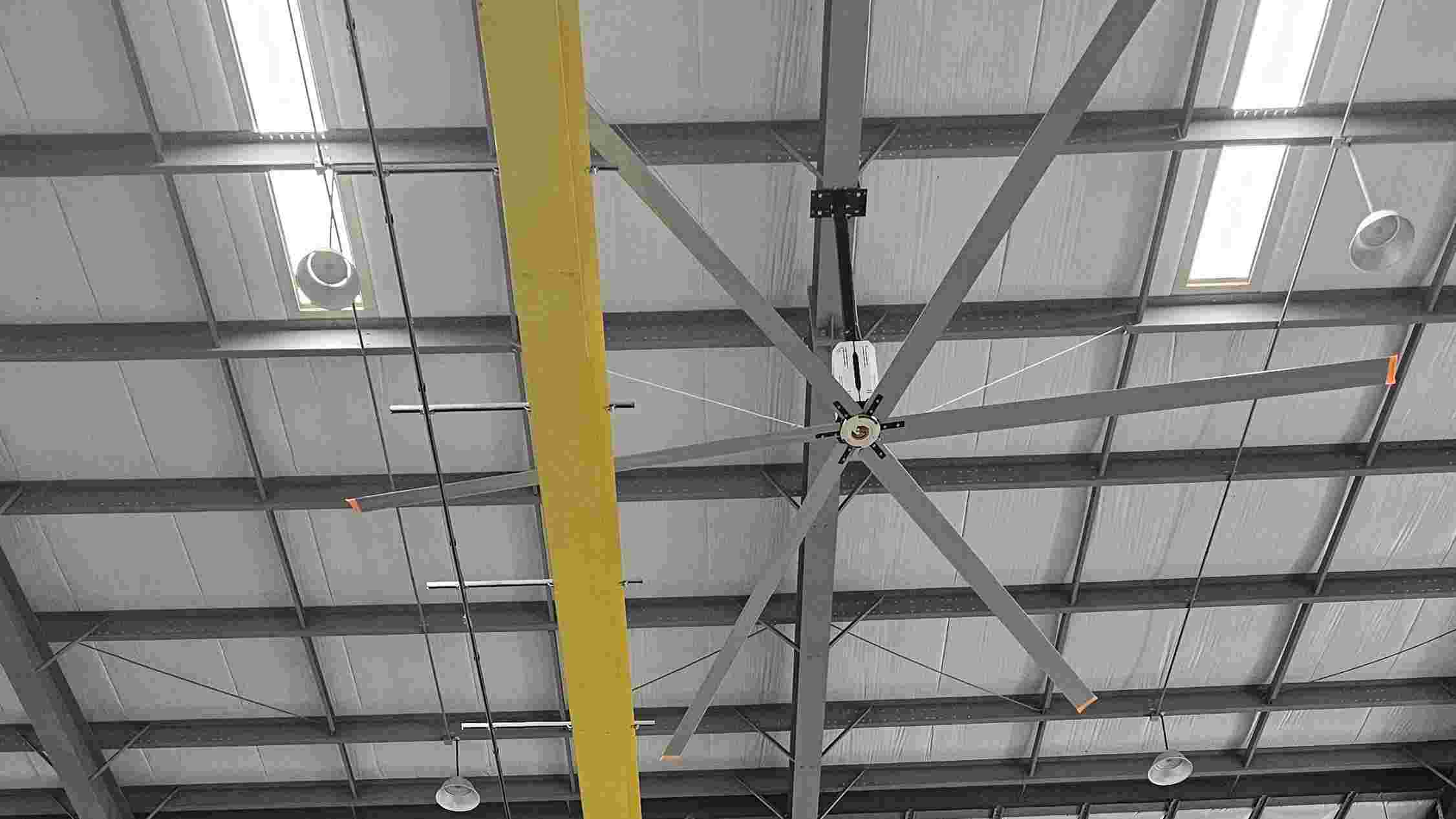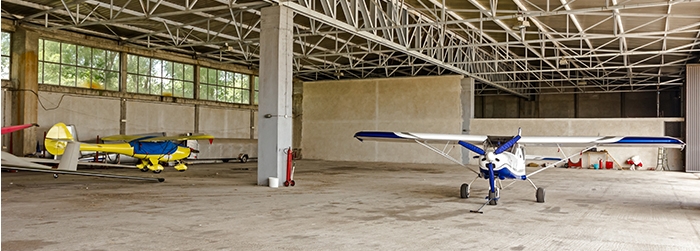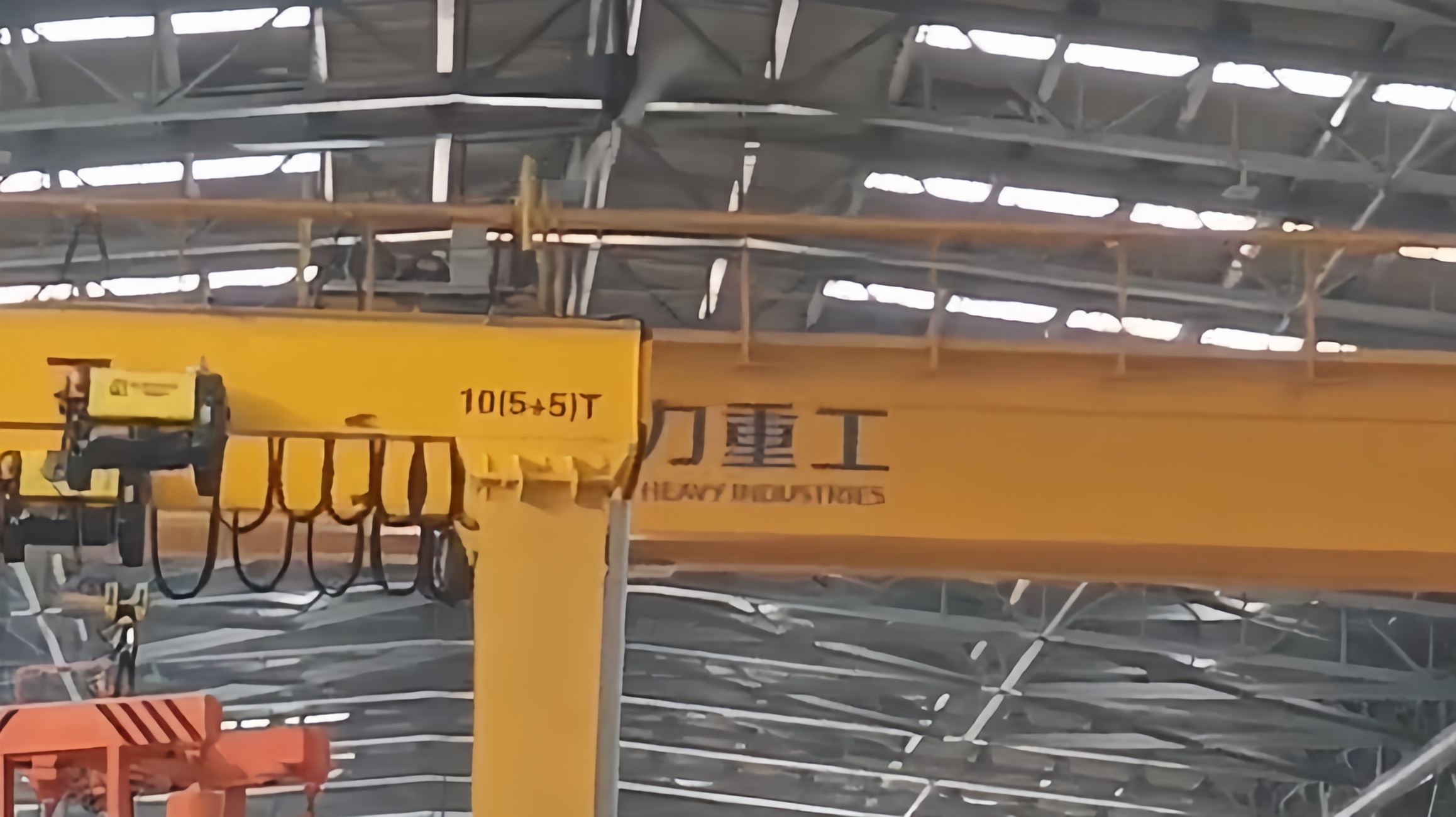Benefits of a 24-Feet Ceiling Fan
Views :
Update time : 2024-12-02

Improved Air Quality
- Reduces Humidity: Helps lower moisture buildup, preventing mold and moisture damage in warehouses and factories.
- Distributes Dust: Moves dust and pollutants towards ventilation, improving overall air quality.
Even Temperature Distribution
- Eliminates Hot and Cold Zones: Circulates air to evenly distribute temperature, making large spaces more comfortable.
- Comfort Year-Round: Helps warm air circulate in winter and cool air in summer, reducing the need for extra heating or cooling.
Customizable Operation
- Variable Speeds: Allows you to adjust airflow to suit different needs, whether cooling in summer or circulating warm air in winter.
- Smart Integration: Can be linked with HVAC or other systems to optimize performance.
Healthier Environment
- Prevents Heat Stress: Keeps workers cool in hot environments, preventing discomfort and fatigue.
- Reduces Respiratory Issues: Helps remove airborne pollutants, reducing the risk of breathing problems in dusty or chemical-heavy environments.
Boosts Productivity
- More Comfortable Workspaces: Employees are more comfortable, focused, and productive when the environment is cool and well-ventilated.
- Fewer Sick Days: A cooler, more comfortable environment reduces heat-related illnesses and absenteeism.
Cost Savings
- Energy-Efficient Cooling: Uses less electricity than traditional AC, saving energy and reducing cooling costs by up to 70%.
- Less Stress on HVAC: Reduces the load on air conditioning, helping HVAC systems last longer and lowering maintenance costs.
Longer Equipment Life
- Protects Machines: Circulating air helps prevent condensation and rust, which can damage machinery.
- Extends HVAC Life: Lowers HVAC use, reducing wear and tear and extending equipment lifespan.
Quiet and Aesthetic
- Low Noise: Operates quietly, unlike traditional fans or air conditioners, creating a more pleasant environment.
- Stylish Design: Modern designs complement industrial spaces, adding a sleek look without sacrificing performance.
Eco-Friendly
- Saves Energy: Uses less energy, helping reduce carbon footprints and contributing to greener building practices.
- Sustainable Materials: Often made from recyclable materials, reducing environmental impact.
Space-Saving Design
- Efficient Use of Space: Hangs from the ceiling, freeing up floor space for equipment, storage, or work areas.

Conclusion
A 24-foot industrial ceiling fan offers a range of benefits, including better air quality, even temperature distribution, and significant energy savings. It improves comfort, health, and productivity in large spaces while saving money on cooling and HVAC costs. With low maintenance, quiet operation, and an eco-friendly design, it's an ideal solution for large warehouses, factories, and commercial spaces.
Related News
Read More >>
 suria giant fan
suria giant fan
12 .10.2024
The Suria Giant Fan is a leading provider of high-volume, low-speed (HVLS) fans,
 Commercial Fans
Commercial Fans
12 .10.2024
Commercial fans have become an essential fixture in modern business environments
 Research on Air Stratification
Research on Air Stratification
12 .10.2024
Air stratification, which occurs when warm air rises and cool air settles at the
 Industrial Ceiling Fans in Sou
Industrial Ceiling Fans in Sou
12 .07.2024
Industrial ceiling fans, often referred to as industrial fans, are a key solutio
